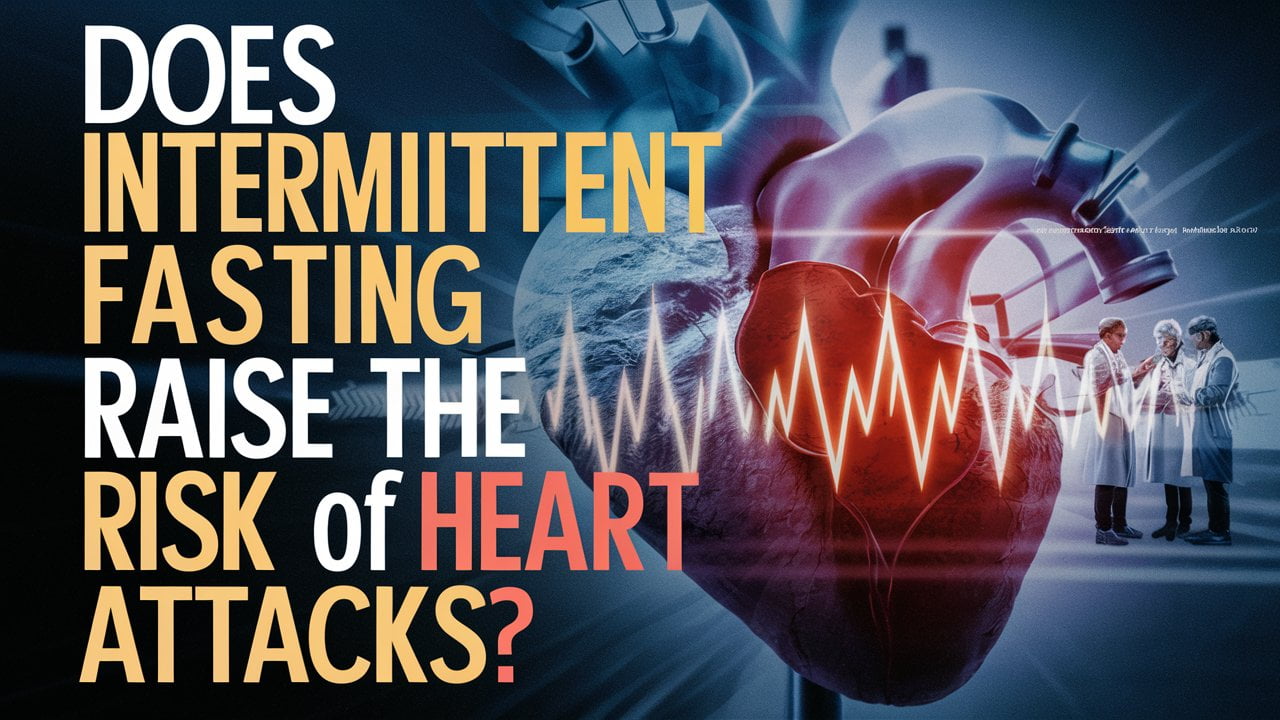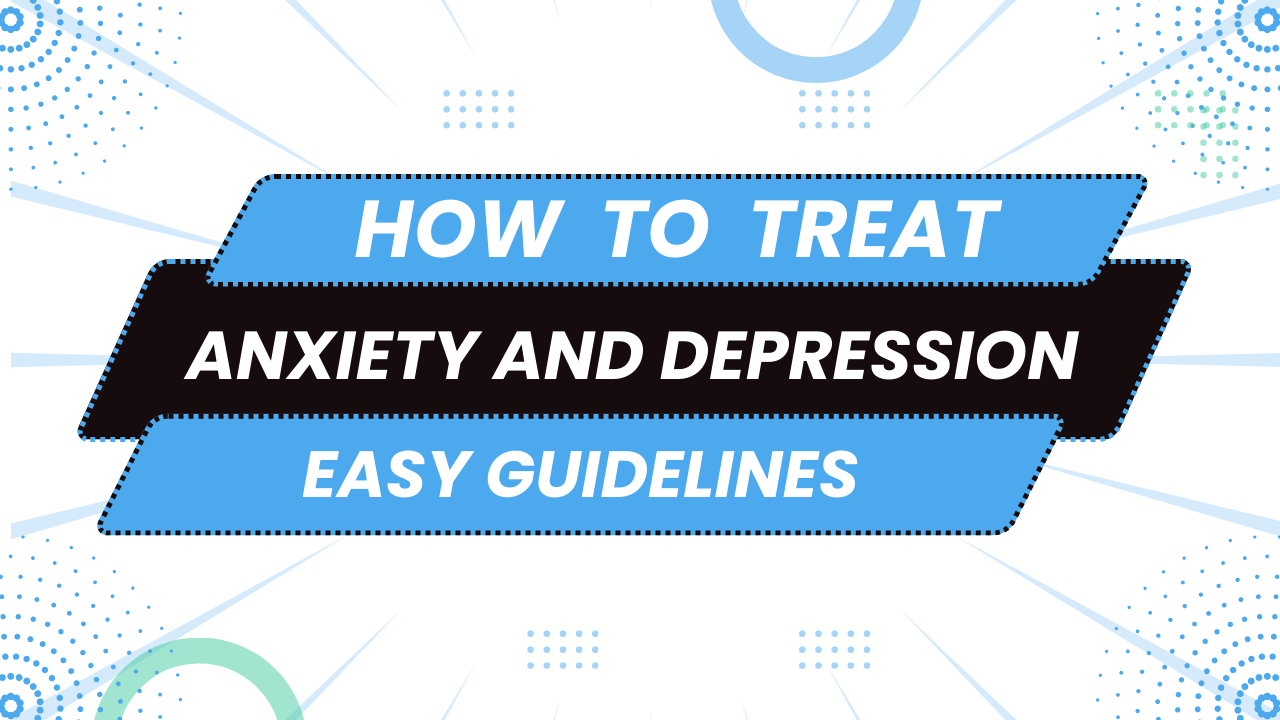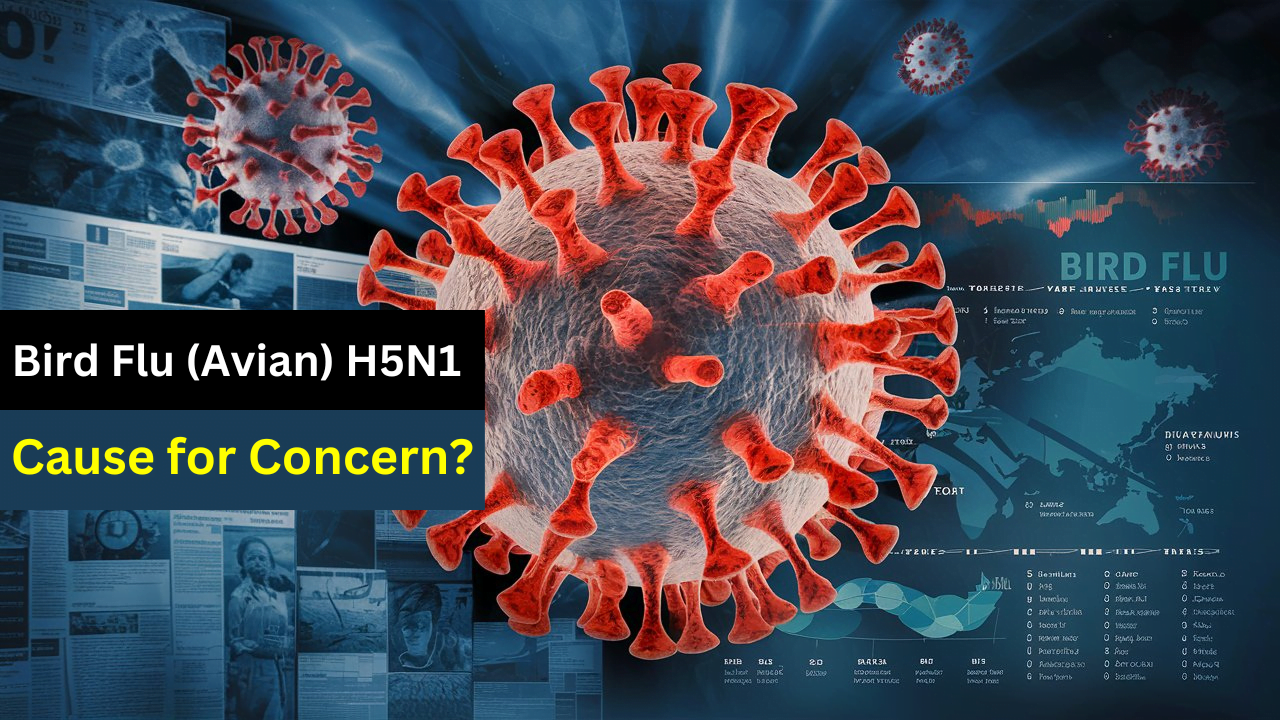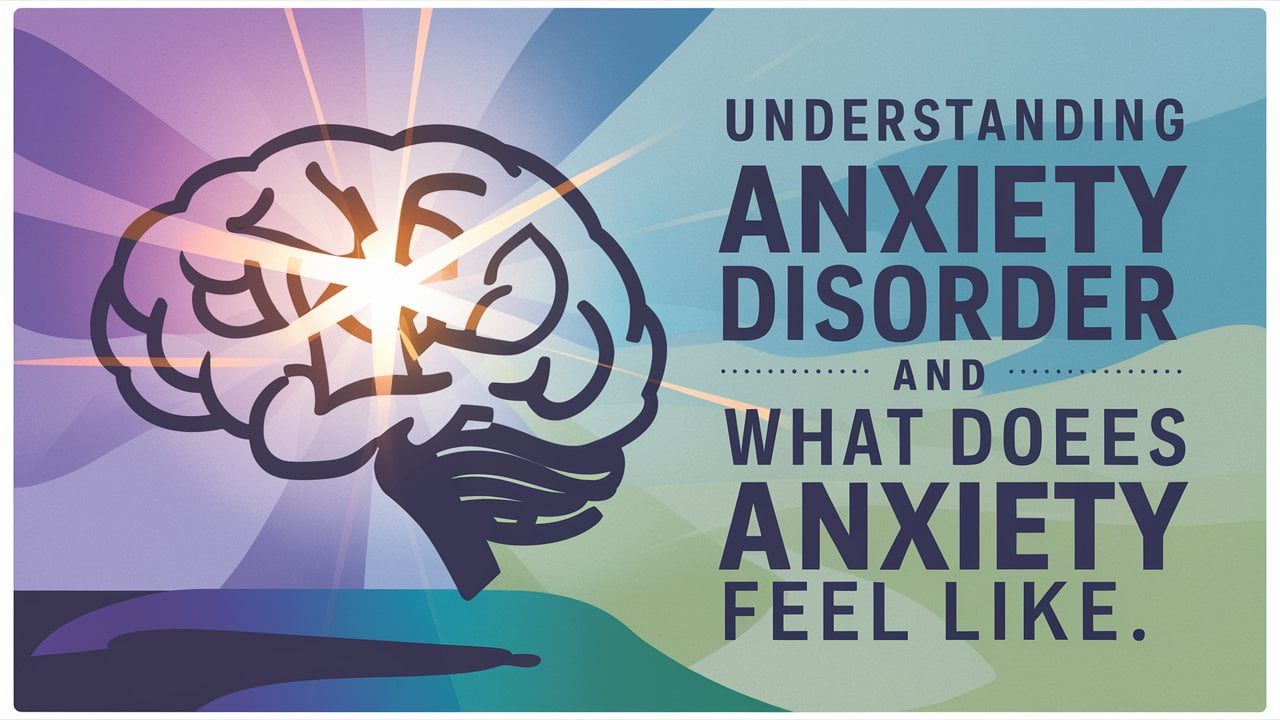
Recently, intermittent fasting has become increasingly popular in its capacity to help improve metabolism and reduce weight. However, people became worried recently when a conference presentation by the American Heart Association suggested a potential link between intermittent fasting and higher chances of suffering from heart attacks. It is imperative that we scrutinize this research more deeply.
Study Examination: Revelations, Restrictions and Authenticity
This survey-based study contained data from 20,000 people and reportedly found out that those who ate within less than eight hours had 91% more likelihood of suffering from heart attack as compared with those who ate for conventional 12-16 hour periods. These discoveries have made many questions about whether intermittent fasting is safe, a dietary practice embraced by millions worldwide.
On the other hand, it is important to approach these findings carefully since there are several limitations inherent in the study. First of all, this study is still at an early stage; it has not been peer-reviewed. The data here depended on self-reports which could be inaccurate or biased.
The study also did not adjust for other factors like dietary structure, sleep patterns, stress levels, physical activity, and whether a person smokes which are well known to affect heart health. This oversight questions the credibility of the study as well as its findings themselves.
As if that is not enough, the study has a major shortcoming relating to its timing. Data was collected between 2003 and 2018 which was before most people started using intermittent fasting as an intentional eating strategy. In this line of thought, it would be unlikely that participants were intermittently fasting in the mentioned time frame but instead, their meal frequency could have been influenced by reasons other than intermittent fasting such as lack of time or lifestyle patterns.
Besides this, it is disheartening when the American Heart Association races to publicize these premature findings without a thorough review of them because it raises question marks about their integrity in science. Consequently, instead of promoting knowledge based on plausible evidence, such moves may only result in fear-mongering among the masses leading to misinformation.
Headlines, sensational or notwithstanding, should be placed in the context of the entire body of evidence concerning intermittent fasting and its effects on metabolism. Many studies have shown the potential benefits of intermittent fasting, like possible improvement in insulin sensitivity, management of weight, and decreased inflammation.
However, when done rightly, intermittent fasting can serve as a valuable approach to metabolic health promotion and chronic disease prevention specifically heart diseases. Nevertheless, it is important that dietary interventions are approached from an individual perspective based on personal health goals, medical history as well as lifestyle issues.
To help grasp how diet choices affect heart health better; people are urged to be proactive by having regular blood tests for key risk markers and consulting with healthcare professionals. By focusing on evidence-based practices and personalized interventions; individuals can empower themselves to make informed decisions about their health and well-being.
Conclusion
To sum up, though the recent study on intermittent fasting and heart health has raised concerns, it is important to note that these results should still be interpreted in light of prior evidence and scientific scrutiny. Instead of giving in to sensationalism and scaremongering, let us put critical thought and evidence-based practices first for better health outcomes.




